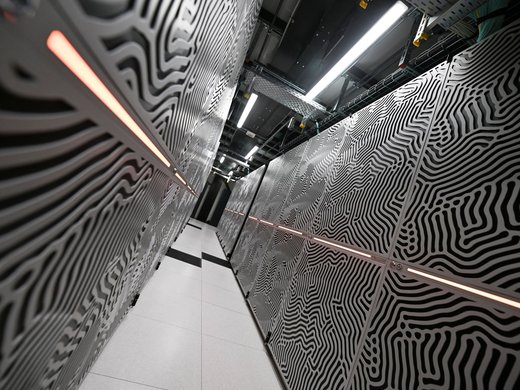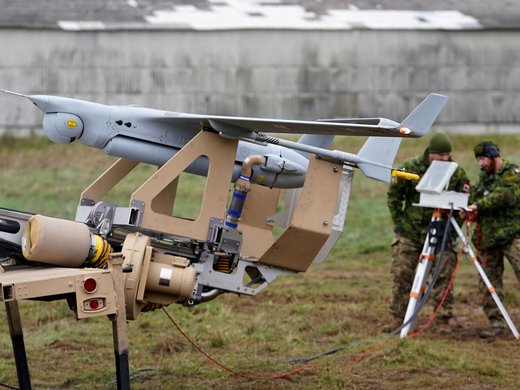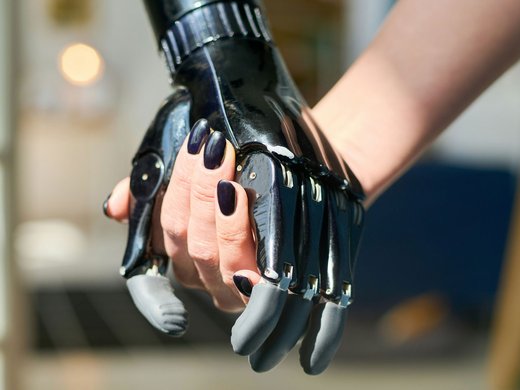Militaries increasingly use artificial intelligence (AI) technologies for decision support and combat operations. AI does not replace humans, but personnel interact with AI technologies more frequently. Practices of human-machine interaction have the potential to profoundly alter the quality of human agency, understood as the ability to make choices and act, in warfare. Specifically, they introduce distributed agency between humans and machines. Forms of distributed agency will be shaped along a spectrum, preserving more room for either human or machine agency. Such practices happen in multiple locations and with multiple, networked systems. Accounting for the phenomenon of distributed agency requires going beyond perceiving challenges of human-machine interaction as straightforward problems to solve. Rather, distributed agency needs to be recognized as raising foundational operational, ethical-normative and legal challenges.


